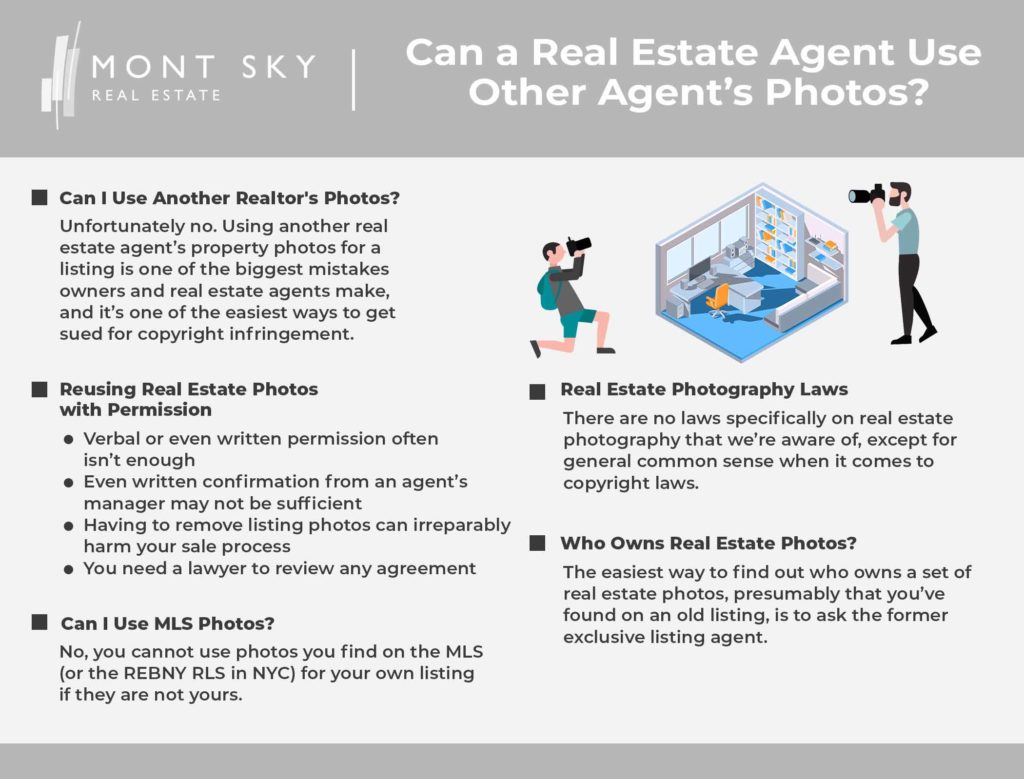Verbal or even written permission often isn’t enough
Many owners and real estate agents will think that just having verbal or written permission from the former listing agent to use their photos is sufficient. Unfortunately, this is far from the case.
We’ve seen malicious cases where an owner thought she had a good relationship with her former listing agent, who had given her both written and verbal permission to use the previous listing photographs. However, as soon as she listed her property with our team as her new brokerage, the old broker intentionally had her manager email a litigious threat:
Your firm recently listed the above referenced unit for sale. Alarmingly, the accompanying photographs and listing description have been illicitly sourced directly from our firm. Please take immediate steps to remove all improperly obtained photographs, as well as the plagiarized listing description. At 10:00 a.m. tomorrow, we will review the listing for compliance with this directive. In the event that your firm fails to act properly, we will notify REBNY of your egregious breach of ethics, and will recommend penalties and fines to the fullest extent possible under REBNY’s revamped, stricter compliance effort.
Our team was understandably surprised, and responded immediately and professionally to address the issue:
Hi Nancy, thank you for flagging this for us and for giving us the opportunity to take this down. We never engage in plagiarism and it is never our intent to do anything of the nature.
The fact is these photos and the listing description were provided to us by the seller, CC’d. We’ll remove this immediately, but may we also ask to see a link as to where these were previously posted? We couldn’t find any media for a previous listing by your firm online, but presume your team must have already removed them.
Once again, thanks again for flagging this and for your professionalism. Please note that we’ve removed the media and listing description. So sorry about this.
The seller, who was an attorney by profession, was able to then step in with the following:
We did speak to our agent at your firm regarding the use of the photos but it looks like we had a bit of a misunderstanding. As our new brokers have noted the listing is being taken down, and we will work with your agent to make sure that we have everyone’s appropriate consent before using the photos.
As to the listing description, we jointly drafted it with your agent and don’t think it is subject to any proprietary restrictions by your firm on the content. We’ve had a great relationship with your agent over the years (including buying an apartment this year and a prior 6 month listing of this apartment) and look forward to continuing that in the future. It certainly was not our intent here to do anything improper.
Having to remove listing photos can irreparably harm your sale process
The above situation is an extremely dangerous example of what can happen if you simply presume that written or verbal confirmation from an agent is sufficient.
In this case, our team had to scramble to arrange new professional photographs to be taken, digitally re-touched, and enhanced after the property had already been listed.
Because of this rather malicious move by the seller’s former agent, her property did not have any photographs at all for the first week of the listing.
Even written confirmation from an agent’s manager may not be sufficient
What about getting the former listing agent’s manager or principal broker to confirm in writing that you have permission to re-use their photos?
Unfortunately, given the legal threats and malicious tactics we’ve seen in the field, even that won’t be enough. To pass legal muster, you would need to have a legally binding agreement signed between authorized parties at both brokerages. You’d also have to confirm that the person signing the agreement from their end is actually someone authorized to sign on behalf of their firm. Lastly, you’d need to run the agreement by your legal counsel.
All of this is an extreme hassle, and still doesn’t guarantee you from a lawsuit (anyone can sue anyone for any reason). As a result, is it worth it? Wouldn’t it make more sense just to pay a few hundred dollars for new professional photography that you unequivocally own?
What if I offer to purchase the old listing photos?
Unfortunately, this leads to the same issues as we’ve previously discussed. Even if you send across a few hundred dollars to the listing agent and get a written receipt or confirmation, it still may backfire and the listing agent could still sue you. Ultimately, you’d still need a custom legal agreement that’s signed between authorized parties on both sides. Then the question remains, is it worth it? You should always have your own professional photographs taken to avoid a legal dilemma like this.
You need a lawyer to review any agreement
Remember that in New York, as in many states, it’s against the law for agents to craft their own legal agreements. This is called the “unauthorized practice of law.” As a result, any agreement you make with another party needs to be reviewed by a lawyer, which means additional fees. Ironically, your legal fees could easily end up costing more than a brand new photoshoot. So again, the question remains, is it worth it?





